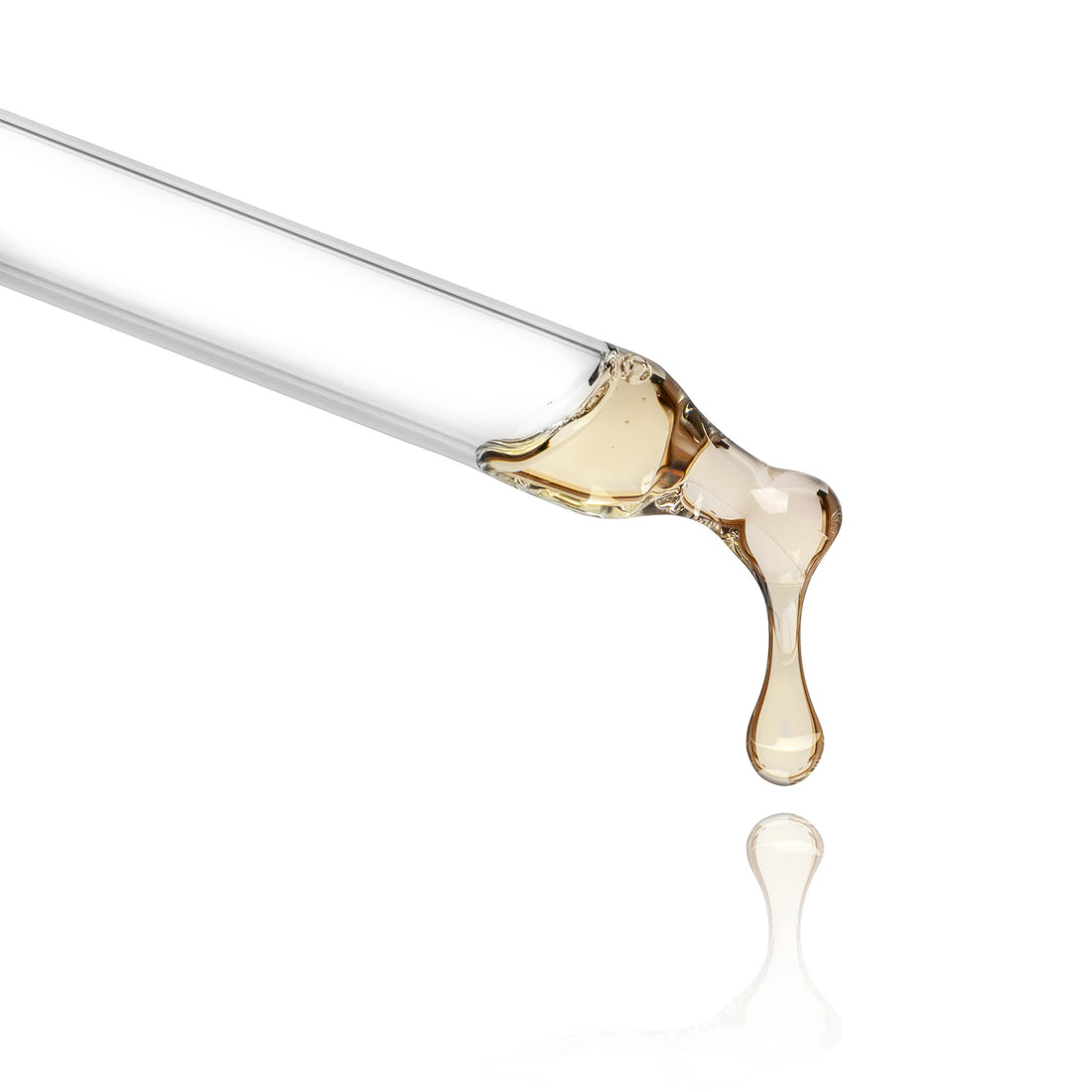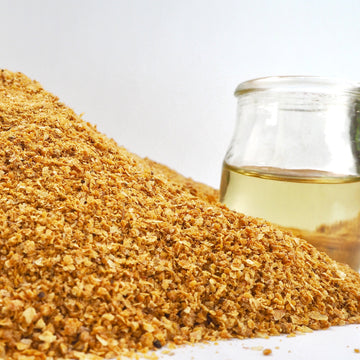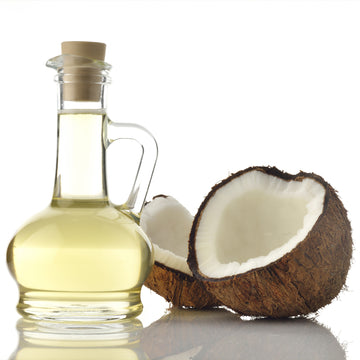
Sodium Alpha Olefin Sulfonate: A Gentle Yet Effective Cleanser (Not a Sulfate!)
In the world of personal care and cleaning products, it's easy to get lost in the sea of chemical names. Today, we're diving deep into an ingredient that's often misunderstood: Sodium Alpha Olefin Sulfonate. Let's clear up a common misconception right away - despite its name, this ingredient is not a sulfate. Understanding the difference is crucial for making informed choices about the products we use daily.
What is Sodium Alpha Olefin Sulfonate?
Sodium Alpha Olefin Sulfonate, sometimes abbreviated as AOS, is a mild surfactant commonly found in personal care and cleaning products. It's a clear, pale yellow liquid or paste with excellent foaming and cleansing properties. This ingredient is prized for its gentleness and effectiveness, making it a popular choice in shampoos, body washes, and various cleaning formulations.
Sodium Alpha Olefin Sulfonate vs. Sulfates: Understanding the Difference
It's crucial to understand that Sodium Alpha Olefin Sulfonate is not a sulfate, despite the similarity in names. Here are the key differences:
- Chemical Structure: Sulfates (like Sodium Lauryl Sulfate) have a sulfate group (SO4) in their molecule. Sodium Alpha Olefin Sulfonate, on the other hand, contains a sulfonate group (SO3). This small difference significantly impacts their properties and behavior.
- Mildness: Sodium Alpha Olefin Sulfonate is generally milder and less irritating to skin and hair compared to sulfates. It's less likely to strip natural oils, making it suitable for sensitive skin and hair.
- Foaming Ability: While both create foam, Sodium Alpha Olefin Sulfonate produces a rich, stable lather without being as harsh as sulfates.
- Environmental Impact: Sodium Alpha Olefin Sulfonate is often considered more environmentally friendly due to its biodegradability and lower potential for irritation in aquatic environments.
How is Sodium Alpha Olefin Sulfonate Made?
The production of Sodium Alpha Olefin Sulfonate involves several steps:
- Alpha olefins (usually derived from petrochemical sources) are sulfonated using sulfur trioxide gas.
- The resulting acid is then neutralized with sodium hydroxide.
- The final product undergoes purification processes to remove any unreacted materials and byproducts.
This process results in a surfactant that balances effective cleansing with gentleness.
What Does Sodium Alpha Olefin Sulfonate Do?
Sodium Alpha Olefin Sulfonate offers several benefits in personal care and cleaning products:
- Effective Cleansing: It efficiently removes dirt, oil, and other impurities from skin and hair.
- Superior Foaming: Creates a rich, stable lather that many consumers associate with thorough cleaning.
- Mildness: Gentler on skin and hair compared to traditional sulfates, making it suitable for frequent use.
- Versatility: Works well in both hard and soft water conditions.
- Thickening Properties: Can help adjust the viscosity of liquid formulations.
Safety Profile of Sodium Alpha Olefin Sulfonate
Sodium Alpha Olefin Sulfonate is generally considered safe for use in personal care and cleaning products:
- Low Irritation Potential: It's milder than many other surfactants, reducing the risk of skin and eye irritation.
- Biodegradability: Easily breaks down in the environment, minimizing ecological impact.
- Regulatory Approval: Deemed safe for use in cosmetics by regulatory bodies worldwide, including the FDA and EU cosmetic regulations.
As with any ingredient, individuals with particularly sensitive skin or specific allergies should perform a patch test before regular use.
Applications of Sodium Alpha Olefin Sulfonate
This versatile ingredient finds its way into numerous products, including:
- Shampoos and hair care products
- Body washes and shower gels
- Facial cleansers
- Hand soaps
- Dish washing liquids
- Laundry detergents
- All-purpose cleaners
In Conclusion
Sodium Alpha Olefin Sulfonate stands out as a gentle yet effective cleansing agent that is distinctly different from sulfates. Its ability to provide thorough cleaning without excessive harshness makes it a valuable ingredient in the formulation of mild, high-performance personal care and cleaning products. As consumers become more ingredient-conscious, understanding the benefits and characteristics of alternatives like Sodium Alpha Olefin Sulfonate becomes increasingly important in making informed product choices.


